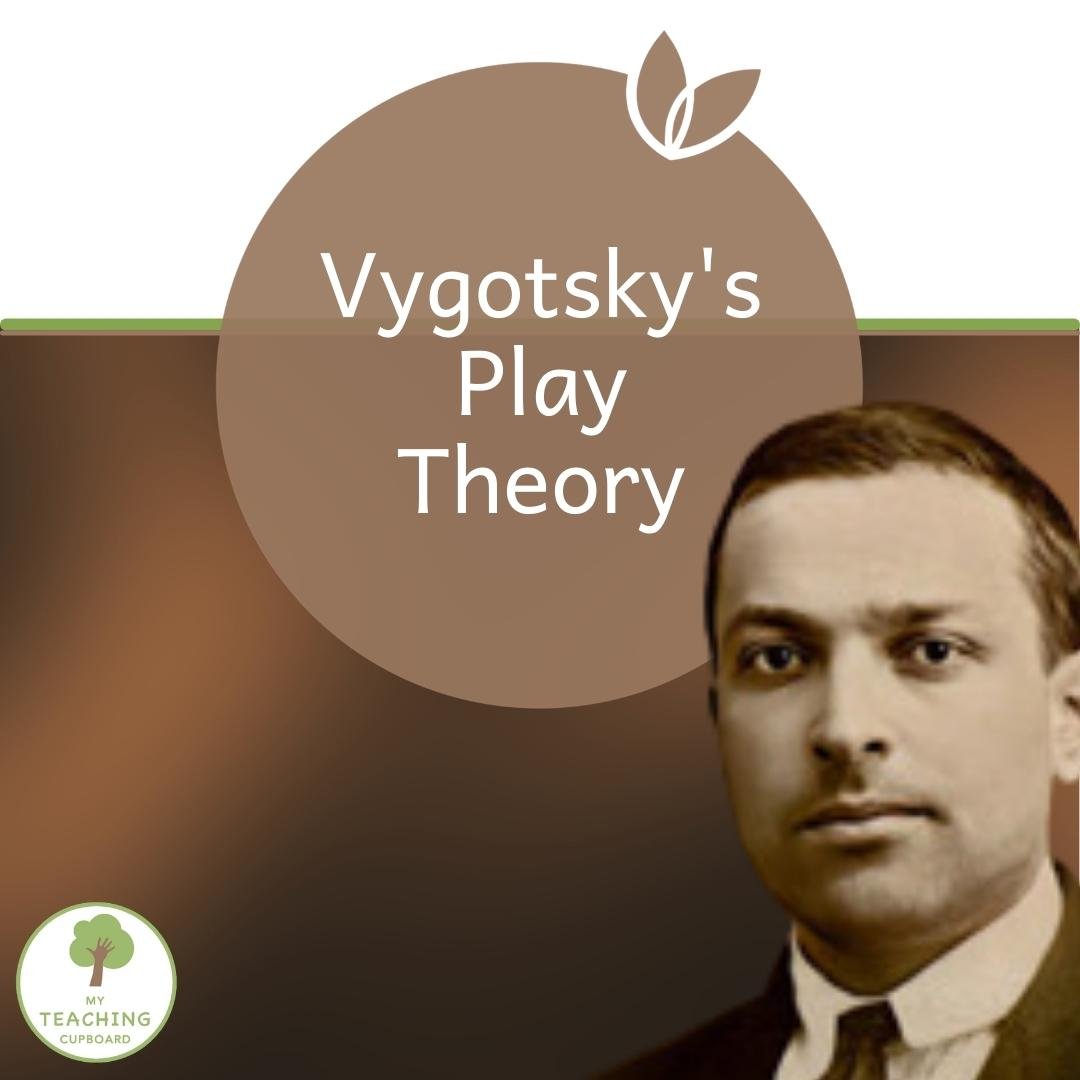
The window into cognitive regulation:
Private speech:
Vygotsky noted that children in the process of play or approaching the problem of solving tasks engaged in so-called private speech.
This behavior when children speak to themselves is a critical mental process that enables the children to control themselves.
This is extremely important to recognise and prompt this thinking aloud in the play-based learning environments. It aids in children self-control and assists them in following instructions through a process or develop the capacity to describe their feelings and thoughts.
Language and Thinking Interplay:
Vygotsky sociocultural theory proposes that there is no way to isolate the intellectual developments away from the social one, it is a development of our interaction. This outlook changes the emphasis on language as a means of expression so that is becomes one of the building blocks of thought development.
As Vygotsky wrote, language and thought are inherently inseparable, and each and turn effects the other.
With the aid of the imaginations, the social interactions and imaginative play, children practice the skills of language and communication along with social skills.
As Vygotsky believes, they also improve their skill to understand abstract ideas.These interactions are where language becomes both a cultural tool and a cognitive one. Language development is about constructing the mental frameworks necessary for complex thought.
The Evolution from External to Internal Speech
Vygotsky contrasts the path of language development with Piaget’s concept of egocentric speech, suggesting there’s a more dynamic role for what might appear as self-directed talk.
Initially, children vocalise their thought processes aloud (external speech), not so much for the benefit of others but as a means of organising their own thoughts. This external speech eventually becomes internalised as private speech.
Language evolves within a child from something used primarily for communication with others to a tool for personal thought and reasoning.
This is what the breakdown is:
External-Internal Speech:
In the early times, the children cannot do an internal speech, they talk to themselves about their thoughts. This output oration is an orientation to social actions of others At the point of time, when children mature, outward speech is subjected to the internalization process, which is the internal speech (or thought).
Such transition is vital since it is the point where language begins to have dual functions. It remains a form of communication but it also becomes a prime tool of thought and problem solving on the one to one level.In between, prior to becoming completely native speakers, there is the phase of the so-called private speech by children.
This is when they speak to themselves aloud and do not necessarily do it to converse with others but as a method of organising themselves and to sort out their problems.This step can be considered as an intermediate between the speech in our society and in our mind. It is a representation of the child who is becoming capable of using language to engage in social interaction as well as engaging in individual cognitive tasks such as planning, reasoning and reflecting.
Importance of Shift:
It is quite important according to two reasons because of shift in external speech and the part played by the private speech in the shifting.
It is firstly a developmental milestone concerning use of language in children. It indicates that they already start to internalise their thoughts, language becomes their means of thinking privately.
Secondly, and what is probably more important is that it indicates a shift in the thinking of children. Language is internalised and this enables more complex thinking. Children begin to think using words and this facility makes them more efficient in negotiating the world.
This shift brings out the strengthening bond between language and thought during the cognitive developmental process and how language becomes a very important aspect of our own thoughts.
The language theories of Vygotsky focus on the significant influence on cognitive development of the social interaction and the cultural environment.
Language is more than a communication method. it is key to cognitive development in children allowing younger children to understand and move through their world.
This forms implications in the play based learning. Our pedagogy and learning environment must be such that it values and creates options of social interaction and collaboration learning.
Private speech can play a very important role in making the learning experiences of children much easier, in that, they are equipped with the tools they require in the real life worlds.
The role of the socio-cultural context in educational processes:
Vygotsky also believes that there is no one to blame but the role played by culture in influencing the development of a child. According to him, the culture in which a child lives is a major player in his/her cognitive development.
